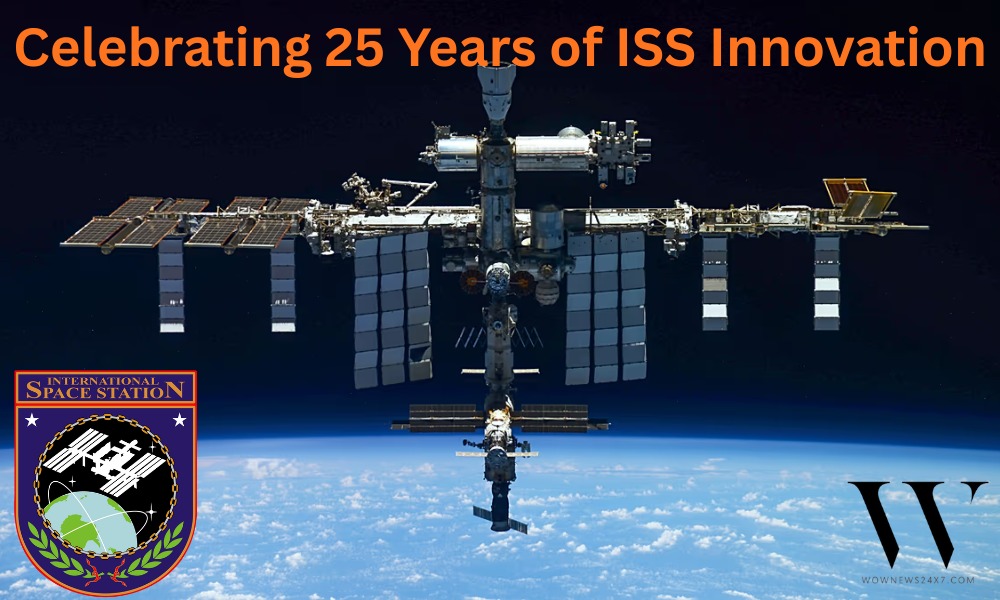Marking a milestone, the International Space Station (ISS) celebrates 25 years of groundbreaking scientific research that has advanced human knowledge, technology, and space exploration. The ISS continues to serve as a collaborative global laboratory, unlocking discoveries in biology, physics, materials science, and more.
This year marks the 25th anniversary of the International Space Station’s (ISS) continuous operation—a testament to multinational cooperation in science and space technology. Since its inception in 2000, the ISS has evolved into a premier orbiting laboratory enabling unprecedented research in microgravity and space environment.
Multinational Collaboration
The ISS represents a joint effort by NASA, Roscosmos, ESA, JAXA, and CSA, illustrating international partnership beyond geopolitical differences for the sake of scientific progress.
Microgravity Research Breakthroughs
Experiments aboard the ISS have shed light on how microgravity affects human physiology, aiding in astronaut health management and contributing insights relevant to aging, bone loss, and muscle atrophy on Earth.
Innovations in Materials and Manufacturing
The zero-gravity environment has allowed researchers to study fluid dynamics, combustion, and materials science under unique conditions, leading to new materials and manufacturing processes applicable globally.
Biological and Medical Discoveries
Space-based research has enhanced understanding of cellular behavior, protein crystallization, and drug development, promoting advances in medicine and biotechnology.
Earth and Space Observations
The ISS serves as a vital platform for Earth observation, climate monitoring, and cosmic radiation measurements, deepening knowledge about environmental change and outer space hazards.
Educational and Inspirational Impact
The ISS continues to inspire generations worldwide through educational outreach programs, engaging students and the public in STEM fields.
Looking Ahead
As the ISS approaches its next phase, plans include expanding research capabilities and preparing humanity for future lunar and Mars missions, cementing its role as a cornerstone of space exploration and discovery.
The 25-year journey of the ISS stands as a beacon of what humanity can achieve together in pushing the boundaries of science while nurturing unity through space.
Sources: NASA, European Space Agency (ESA), Roscosmos, JAXA, Scientific American
